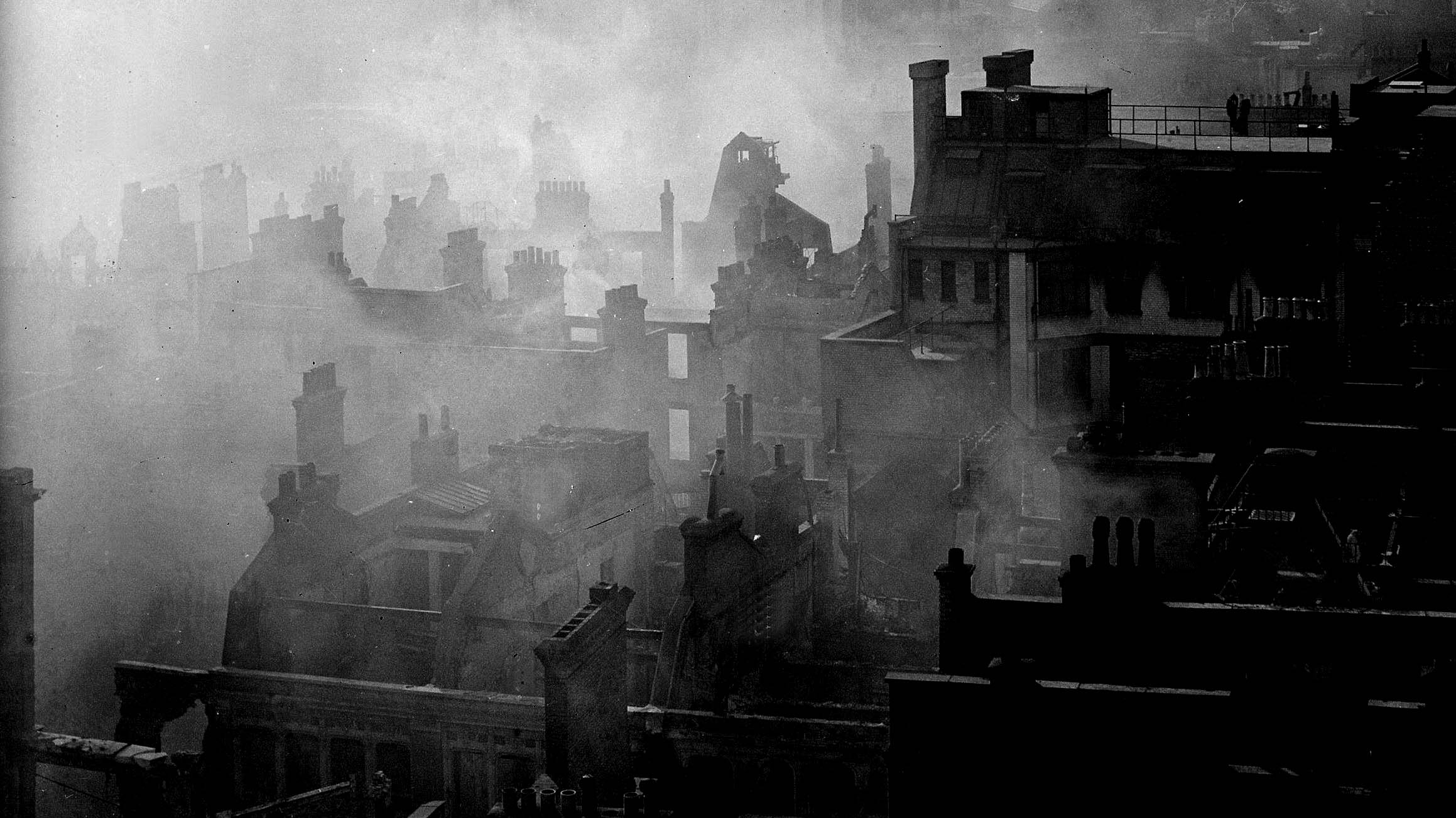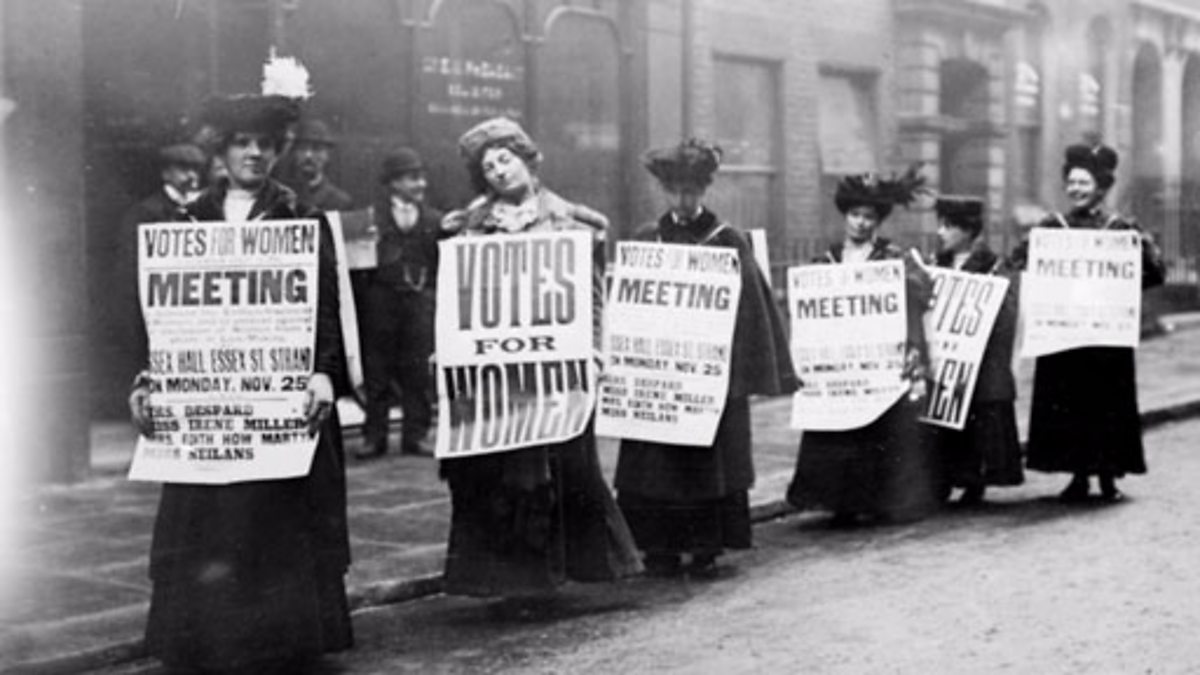- Published on
Twentieth Century London

Table of Contents
- The British Army's "Occupier Empire"
- The Perception of War
- Mechanized Warfare and Chemical Weapons
- Aftermath of the Great War
- World War II and Total War
The British Army's "Occupier Empire"
In the early 20th century, the British Army was primarily stationed in countries such as India and South Africa as part of the "Occupier Empire." This arrangement proved to be attractive to many white men in Britain, as they could join the military and immediately become part of the ruling class in the occupied territories.
The Perception of War
As a result of this setup, many Britons believed that they would never have to fight a war on their own soil. This perception changed with the advent of World War I, which became the first civilian war due to the use of new technologies such as airplanes. Despite this, there was still an expectation that the fighting would take place on foreign soil, as the natural terrain had always provided a protective barrier in the past.
Mechanized Warfare and Chemical Weapons
However, much of the fighting in World War I ended up taking place on the Western Front, which was much closer to the British mainland than anyone had anticipated. This led to significant casualties and a shift in the way that the British thought about war and military strategy. World War I began with the use of traditional, antiquated technology, but quickly progressed to mechanized warfare with the introduction of weapons such as machine guns, tanks, and anti-aircraft artillery.

Chemical weapons such as mustard gas and chlorine gas were also used, forcing soldiers out of their trenches and causing widespread suffering. Interestingly, the Scottish were disproportionately affected by mustard gas due to their traditional attire - the kilt - which offered little protection from the gas. This had a significant impact on the Scottish soldiers and their families.
Aftermath of the Great War
After the war, many soldiers who had survived the fighting ultimately died due to complications from their injuries or illnesses contracted during the war. This left their families without any sort of pension or support from the military. The toll on soldiers and their families was immense, and World War I had a profound impact on society as a whole.

During World War I, if a person could not be drafted for military service, there were other ways to support the war effort. Women, in particular, began to take on more prominent roles in the workforce as men left to fight in the war. This shift towards female employment had a significant impact on the Women's Rights movement in Britain, as women demonstrated their abilities and worth outside of traditional domestic roles.
World War II and Total War
After the war, Germany faced harsh restrictions and penalties under the Treaty of Versailles. These limitations were further compounded by the rise of Adolf Hitler, who sought to break free from the restrictions and expand Germany's power. In 1939, Britain declared war on Germany, beginning preparations for what was known as Total War, a concept that meant all aspects of life would be affected by the war effort.

As part of these preparations, mass evacuations of children and nurses were carried out to protect civilians and move them away from danger zones. In London, the Special Operations Executive (SOE) and the Women's Auxiliary Air Force (WAAF) were created, providing women with new opportunities to contribute to the war effort. The SOE had complex recruitment strategies that allowed women to become international spies for the British government within enemy territory, while the WAAF enabled women to take on more modern roles in the military.
- Authors

- Name
- Apurva Shah
- Website
- apurvashah.org